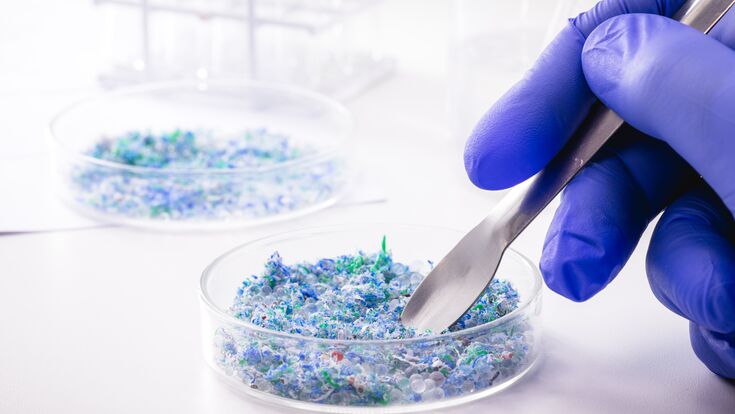Plastic Waste : France leads the charge in chemical recycling with €500 million scheme

In a decisive step towards a more sustainable future, the European Commission has given the green light to a €500 million French initiative aimed at bolstering chemical recycling technologies for plastic waste. This landmark decision aligns with the European Commission’s 2024-2029 priorities, which emphasize circularity and resilience in economic practices. By championing innovative recycling methods, France aims to position itself as a frontrunner in the transition towards a climate-neutral industry.
Advancing plastic waste recycling through innovation
The newly approved French scheme seeks to revolutionize the way plastic waste is processed, targeting materials that are typically challenging to recycle, such as trays, films, non-beverage bottles, and polyester-based textiles. Unlike traditional mechanical recycling, which often degrades plastic quality, chemical recycling enables the transformation of mixed and contaminated plastic waste into raw materials that resemble virgin plastics. This approach not only reduces reliance on fossil-based resources but also enhances circularity within the European economy, proponents of the technology argue.
To facilitate this shift, the scheme will provide direct grants to businesses of all sizes and sectors willing to invest in chemical recycling technologies. Companies will be eligible for financial support covering up to 40% of additional investment costs incurred when opting for eco-friendly projects over conventional, less sustainable alternatives. This targeted incentive structure is designed to encourage widespread industry participation and accelerate the adoption of next-generation recycling solutions.
>>> Mechanical Recycling vs. Chemical Recycling: Rivals or Partners?
The significance of this scheme
Chemical recycling holds immense potential in addressing Europe’s plastic waste crisis. By converting non-recyclable plastics into high-quality raw materials, the process can effectively close the loop in plastic production, reducing landfill waste and mitigating environmental pollution. The French initiative is not just an economic investment; it is seen as an essential component of the European Union’s broader strategy to achieve climate neutrality and resource efficiency.
This move is expected to enhance competitiveness within the recycling sector, paving the way for new business models and technological advancements that could be replicated across Europe.
European Commission’s endorsement
The approval of this initiative by the European Commission marks a significant milestone. The scheme was rigorously evaluated under EU State aid rules, particularly Article 107(3)(c) of the Treaty on the Functioning of the EU (TFEU) and the 2022 Guidelines on State aid for climate, environmental protection, and energy (CEEAG). Notably, this is the first State aid program assessed under Section 4.4 of the CEEAG, which specifically promotes resource efficiency and the circular economy.
The Commission’s assessment concluded that the scheme is both necessary and appropriate. Without such public support, many businesses would lack the financial incentive to invest in chemical recycling. Moreover, the initiative includes safeguards to ensure fair competition, as aid is provided on a non-discriminatory basis across all sectors, and financial assistance is strictly limited to the necessary investment costs.
"The approved French scheme will support investments for chemical recycling of plastics. It will contribute to the EU’s objective of reaching climate neutrality by 2050, by promoting the use of existing resources through efficiency and circular economy practices. At the same time, the scheme will ensure that any potential competition distortions will be kept to a minimum," said Teresa Ribera, Executive Vice-President for Clean, Just and Competitive Transition.
France’s leadership in Circular Economy
France’s bold step underscores its commitment to sustainable industrial transformation. By taking proactive measures to address plastic waste and support emerging recycling technologies, the country is setting an example for other EU nations. As Europe strives for greater resource efficiency, France’s initiative may serve as a model for future policies aimed at fostering a truly circular economy.

